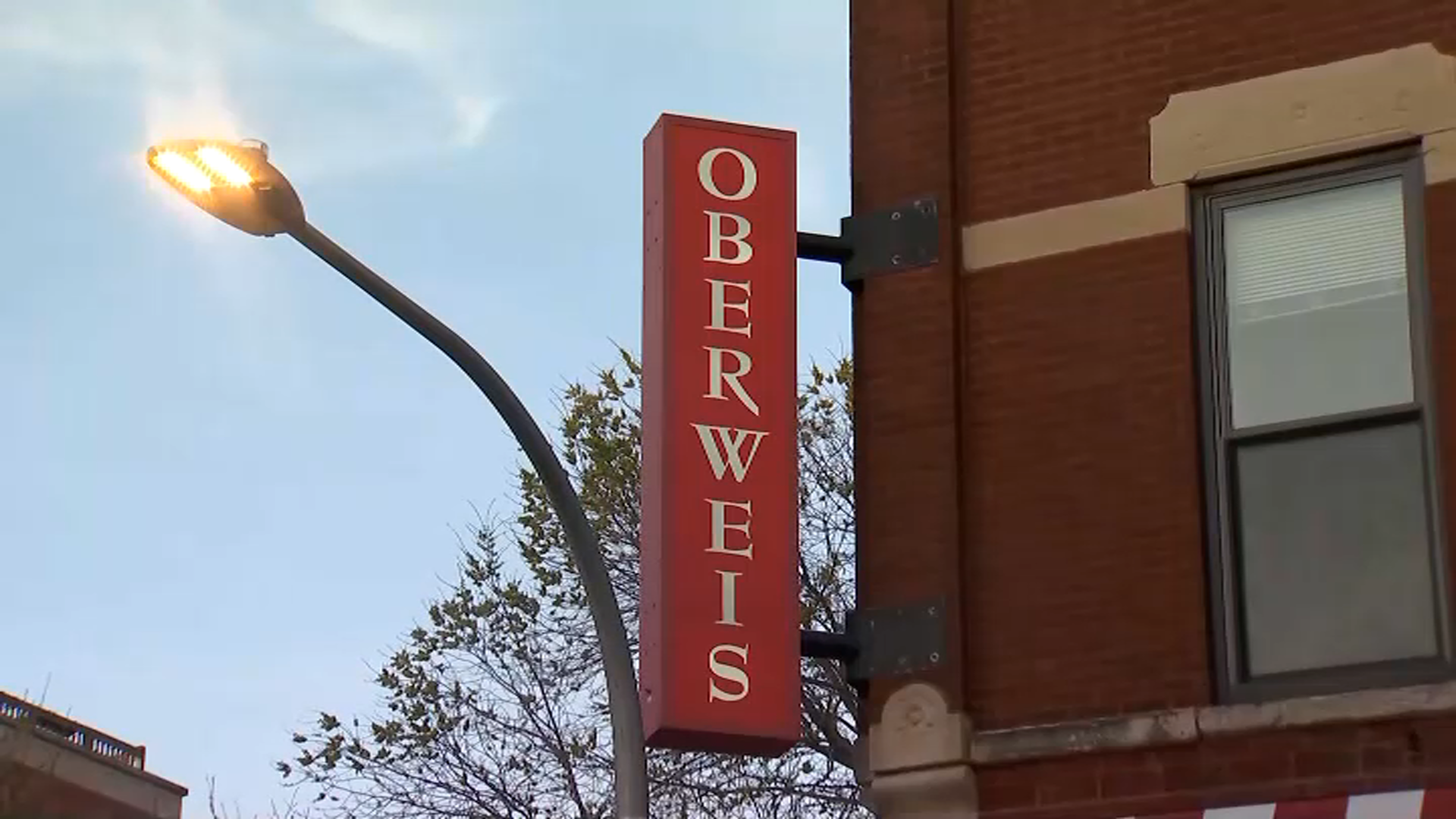A young boy’s world continues to be impacted by obstacles in a year marked by grief, change and uncertainty. Now Oliwier “Oli” Kluzik, 12, is unable to attend the therapeutic school where his supporters said he made considerable progress in recent years.
Kluzik and his older brother, Dorian, 18, lost their mother to cancer in January. The brothers have since moved from suburban Bartlett to Chicago’s northwest side to live with their grandmother.
But Kluzik sits at his new home playing games and drawing on days when most kids are in the classroom.
“He lost his mom, he lost his home, he lost even the foundation of his routines and there’s a new language that’s spoken in the home,” said special education attorney Sabrina Shafer. “Now he’s lost school.”
He is autistic and in recent years has attended the School of Expressive Arts and Learning (SEAL) in Lombard. The school places an emphasis on art, music, recreation and animal therapies in addition to academics.
His family and supporters said SEAL best serves his Individual Education Plan (IEP).
“He would run to the bus because he loved it so much there,” said his uncle, Marek Kalinowski.
Local
School districts that send special needs students to schools like SEAL get reimbursed by the state. However, SEAL is not a contracted vendor of Chicago Public Schools.
For Oli Kluzik, CPS instead has suggested three specialized schools on its vendor list.
Though his special education advocate contacted the three schools and was informed that they could not provide all of the services required by his IEP.
Shafer is now representing the boy's grandmother in a due process complaint against CPS filed with the Illinois State Board of Education. According to Shafer, a team of autism experts said any school besides SEAL would be “detrimental” to him.
“He’s academically thriving, almost at grade level in some areas. He has meaningful friendships and relationships. He’s starting to learn how to regulate himself,” Shafer said. “That’s the difference between institutionalized and being a contributing citizen to society.”
In an emailed statement to NBC 5 Investigates, CPS said it is committed to helping families find the schools that are right for their children.
“CPS works to accommodate family requests when parents and guardians express an interest in sending their child to a therapeutic school that is not on our vendor list,” said CPS spokesperson Michael Passman. “If not schools that are active vendors can implement a student’s IEP, the district works to find an ISBE approved school that can implement the IEP and then works to establish the school as a vendor.”
CPS said according to its records, SEAL has not attempted to serve as a vendor for CPS students.
On its website, CPS said there are two ways to become a vendor, whether receive a contract award or obtain a CPS principal, network chief or department director level sponsorship.
“CPS has known since May that Oliver needed SEAL, if not earlier,” Shafer said.
A spokesperson for SEAL said its protocol is for school districts to contact them.
The 12-year-old's due process hearing is not expected to take place until late January. That may be the earliest the state rules on whether CPS should or should not coordinate his education at SEAL.
Meanwhile, the would be 7th grader has a desk waiting for him at SEAL.
The state processed more than 800 complaints involving special education and local school districts between 2014 and 2017.



